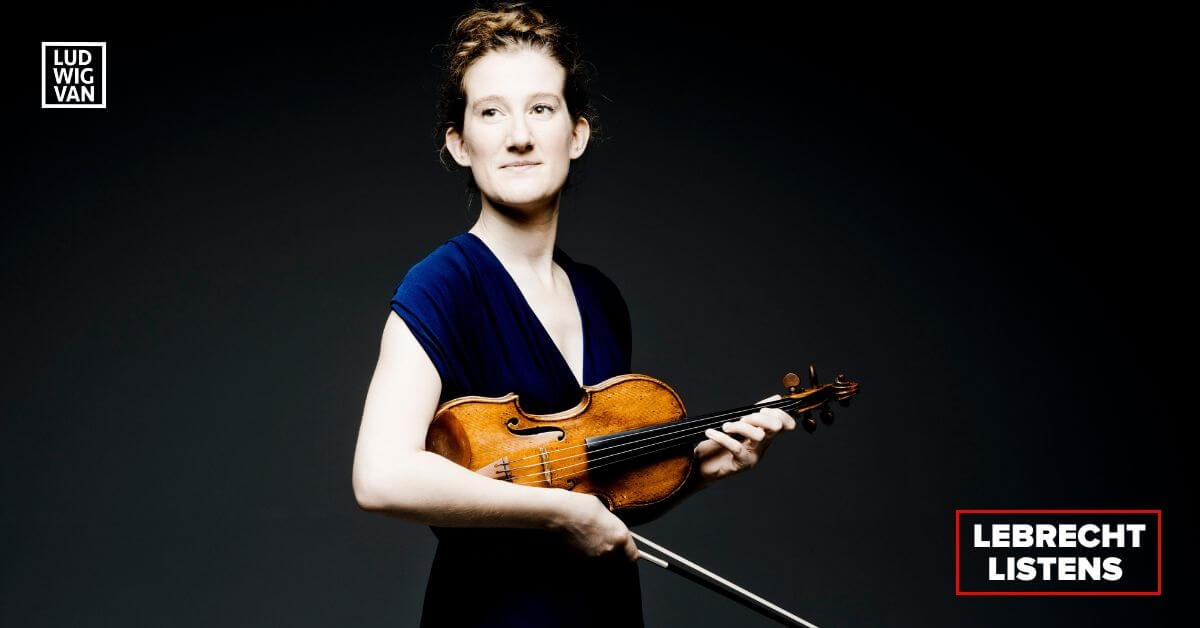
Prokofiev: Violin concertos (Channel Classics)
★★★★☆
🎧 Spotify | Amazon | Apple Music
The old French truism that the best is the enemy of the good — l’ennemi du bien est le bien — does not apply to musical performance. The best is simply the best. There are half-a-dozen recordings of the two Prokofiev concertos that stand way above the rest, whether by reason of primacy (Oistrakh, Heifetz), serenity (Janine Jansen, Perlman) or combustion (Vadim Gluzman, Leila Josefowicz). This does not, however, turn all the rest into also-rans.
On the contrary, my curiosity is often quickened by the arrival of a new recording, especially if the soloist is not a star name and the orchestra is one I have never heard before. Maria Milstein is a former Muscovite who lives in Holland and plays in a piano trio. The Phion Orchestra is made up of survivors from a 2019 merger of two Dutch ensembles.
The Prokofiev concertos are, as ever, a challenge. Nathan Milstein — no relation — once told me that in olden times he or Heifetz would play them first in San Francisco, get on a train and play them 10 or 15 times at overnight stops, hoping to get it right by the time they reached Carnegie Hall. They had time on their side, which today’s supercharged schedules simply don’t permit.
Maria Milstein has taken her time. In her late 30s, she has put years into these neurotic, lyrical masterpieces, and it shows. Nothing that she does is routine, showy or ill-considered. Her expression is intense, devout even, bringing out an unsuspected romanticism, especially in the second concerto, which shares some phrases with the ballet Romeo and Juliet. The opening movement gets down and dirty on the dance floor, while its successor flickers with hints of Beethoven’s Moonlight Sonata.
Maria Milstein plays as if hearing — and arguing — with an inner voice; it could be Oistrakh, whom her family revered. But the approach is altogether her own, imbued with a personal intimacy.
The orchestra, conducted by Otto Tausk, is attentive, even a little awed. But, where world-class ensembles might swat away the difficulties, I enjoyed for once hearing the struggle that goes into bringing these works to life. The outcome is a real interpretation, not something manufactured around a record label’s conference table. This good performance is definitely an enemy of the best.
To read more from Norman Lebrecht, subscribe to Slippedisc.com.
#LUDWIGVAN
Get the daily arts news straight to your inbox.
Sign up for the Ludwig van Daily — classical music and opera in five minutes or less HERE.
- LEBRECHT LISTENS | Klaus Tennstedt’s Conducting Genius Revealed In Live Radio Recordings - July 26, 2024
- LEBRECHT LISTENS |Alexandra Dariescu And The Philharmonia Orchestra Tackle Clara Schumann & Grieg - July 19, 2024
- LEBRECHT LISTENS | Yundi Gives Mozart A Revelatory Makeover On The Sonata Project — Salzburg - July 12, 2024



